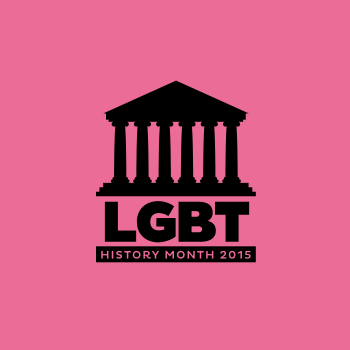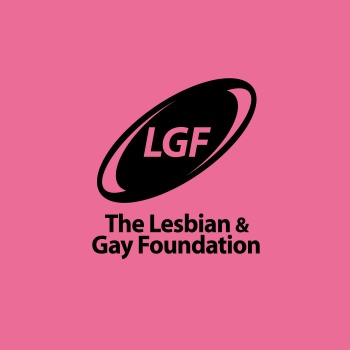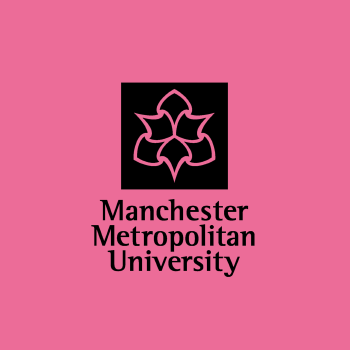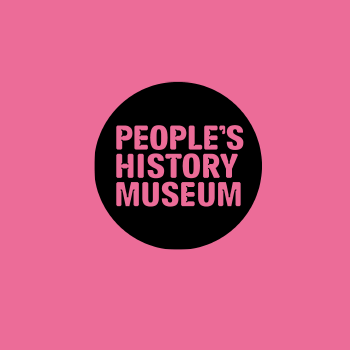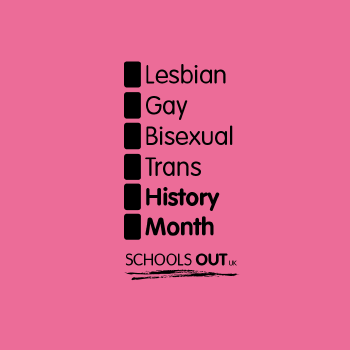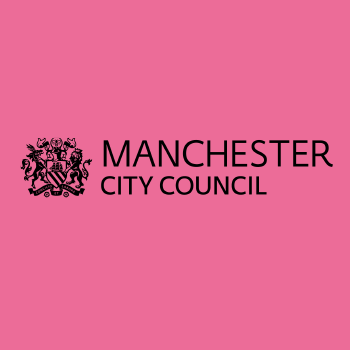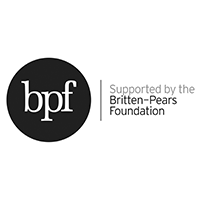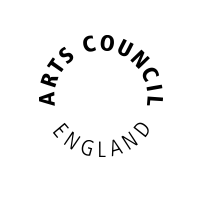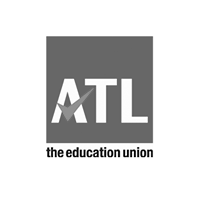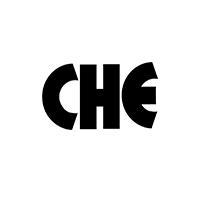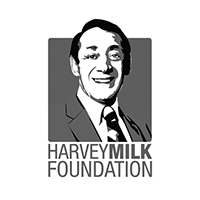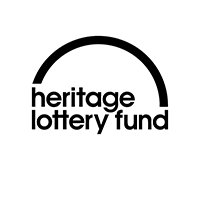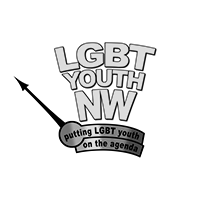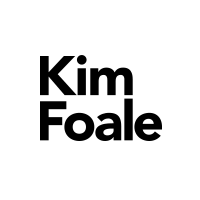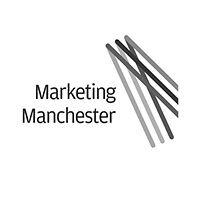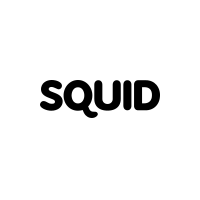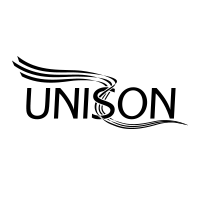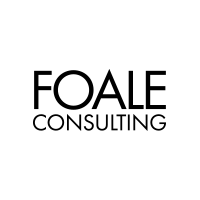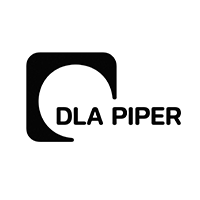Call for film contributions in collaboration with Filmonik
15 September 2014
Are you interested in making a film on LGBT topics, but don't know where to start? Or have you made a film containing LGBT topics that you'd like to get to a wider audience?
In collaboration with Filmonik, as announced last night at their Open Screening, we are offering help researching, filming, and producing a film of your own, that will be shown at the Festival. We can also show a film you've already made. This is in addition to our existing call for presentations.
What are we offering?
The Festival are providing several days archive training at Manchester's newly refurbished Archives+. These days will let you see the kinds of things hidden in the vaults of Central Library, and give you some starting points for the stories hidden within. Filmonik are providing a platform for anyone interested in filmmaking to get involved: whether you want to write a script, try your hand at acting or composition, or simply learn how it's done, their 3-7 day Kabarets are a 24/7 film lab to try your hand.
We welcome all films on LGBT topics – however being a history festival, films shown during the Festival itself need to have some form of historical data as their basis. However, there are plenty of opportunities for showing films without a historical focus throughout LGBT History Month – we are happy to advise on specifics if you have any questions!
We plan to show all the history films created at either Central Library or the People’s History Museum during the Festival, as well as at various other venues for our Film Festivals. All shorts will be shown multiple times over the course of the month, and in multiple venues. You can also show your film at Filmonik's Valentine's Day Screening, if you are willing to present it in person! Your film will also be hosted and promoted online, and on our social media accounts. We also welcome longer-term collaborations, and as an annual celebration we are happy to aid your funding applications, and provide copious networking opportunities for developing future work.
How can we help you?
We understand that for most people, LGBT is an entirely new area of work. We also know that for those wanting to make an LGBT History film, historicizing the past can be a difficult task. Therefore, In the next few months, our team will be providing archival training to help you get your hands on material which may not have seen the light of day for decades. There is also a unique opportunity to explore Manchester’s brand new Archives+ facility, with expert guidance from both historians and archivists.
Filmonik will be hosting several Kabaret events to assist the practical side of film production. During the Kabarets, their city centre lab will be available 24/7 as an editing suite, green-screen studio, kit prep & hire venue, lunch-hall, storyboard prep & pitch station, chill out space and more. Whatever your skills, they will provide the space and people to make your idea happen, from complete novice to film-making pro.
What are we looking for?
We have no fixed idea of what to explore – you tell us! Here's some ideas to whet your appetite, copied from the contribute page (which you may want to have a read through). A list of local archives is at the end of this page. Please note these ideas are more specific to history contributions.
- Hidden histories. Where have discussions of sexuality and gender diversity been deliberately ignored or repressed in the press and popular histories, for example gay soldiers in World War I, or lesbian members of The Suffragettes?
- New discoveries. Many materials in the archive have not been given serious attention, and it is likely huge discoveries can be made. For example, it contains the correspondence of people like Allan Horsfall, chairman of the Campaign for Homosexual Equality. Who did he write to, when and how? What might his letters contain?
- New interpretation of existing materials. Homosexual acts and masturbation used to be cause for imprisonment, forced sterilization, and admission to mental hospitals as recently as the middle of the 20th century. What can we learn from the admissions and discharge records from these institutions, and how did they change over time in how they described and dealt with people?
- Histories of community groups. What pro- (and anti-) LGBT groups existed, what were they like, who attended, and how did they change attitudes, (or not)? This could be a perfect topic if you have a specific group you wish to research.
General films on LGBT topics are also welcome.
- LGBT Identity and Culture Films. We are inviting films which engage with shifting and various forms of LGBT identity and culture. Films in this strand might engage imaginatively with the ways in which LGBT people have lived their lives or the ideas, customs, and social behaviours of LGBT people.
The sky is really the limit though: again, we can help advise your project, and enable you to access the appropriate information. We do have a few guidelines for historical submissions, however. Please get in touch if you have any questions!
- All History contributions MUST be based on historical evidence. We want to encourage people to use and interpret their local archives, not simply present something they think or a non-historical research topic.
- We strongly encourage films (both History and Identity) from and about: people of colour, women, working class people, disabled people, and those who are bisexual, trans or lesbian. Current histories and social politics, are strongly biased towards white gay men. We hope to develop a much wider range of ideas in this event.
The festival's vision is to celebrate diversity, to increase LGBT visibility, in order to create a more equal and safe world for everyone. These guidelines are to promote the unearthing and discussion of new material, shining a light onto a poorly exposed field. Help us promote some world firsts, and come to a greater understanding of Manchester's LGBT past!
Dates, times and locations
Finally, the specifics. If you have any questions at all, please see our contact page.
Dates for your diary
- 16th October 2014 6 – 8pm: Introduction to archival research and special collections. Come to us with your ideas and we will help you make it into a talk/presentation/film/artwork! Also, this is our special event for film-makers but not exclusively.
- 29th October – 2nd November 2014 . Filmonik Kabaret. The open film lab where you can get the help you need to make your film.
- 22nd November 2014 2 – 4pm: Still not got an idea but want to participate? Come along and find out what is possible to learn from records that are not specifically LGBT but could be interpreted this way.
- 13th January 2015 11am – 1pm: Last chance before the big event! Come along and polish off your presentation, ask any final questions and get useful feedback from our trained archivists and historians.
Where to look
To get an immediate idea of what's available, check the LGBT Source Guide provided by Manchester Archives. This covers a fraction of the material available though, there really is no substitute for investigating your local archive! More generally, the National Archives' Discovery service might give you some ideas. The National Archives maintains a list of all UK archives, sorted by region – here is a list of all the archives in the North West – – however this site will be closed soon and we are waiting for an updated URL. This list is a little overwhelming, so we recommend the following to start with:
- Manchester Archives+ at Central Library (including North West Film Archive)
- Police Museum Archives
- People's History Museum Archives
- John Ryland's Library Archives
- North West Sound Archive (Clitheroe)
- Lancashire County Records Office (Preston)


